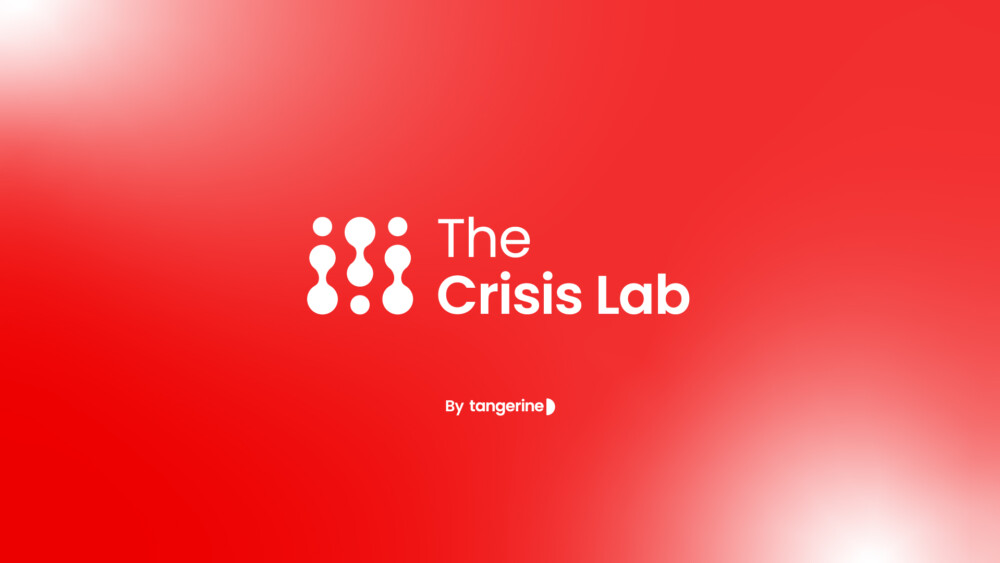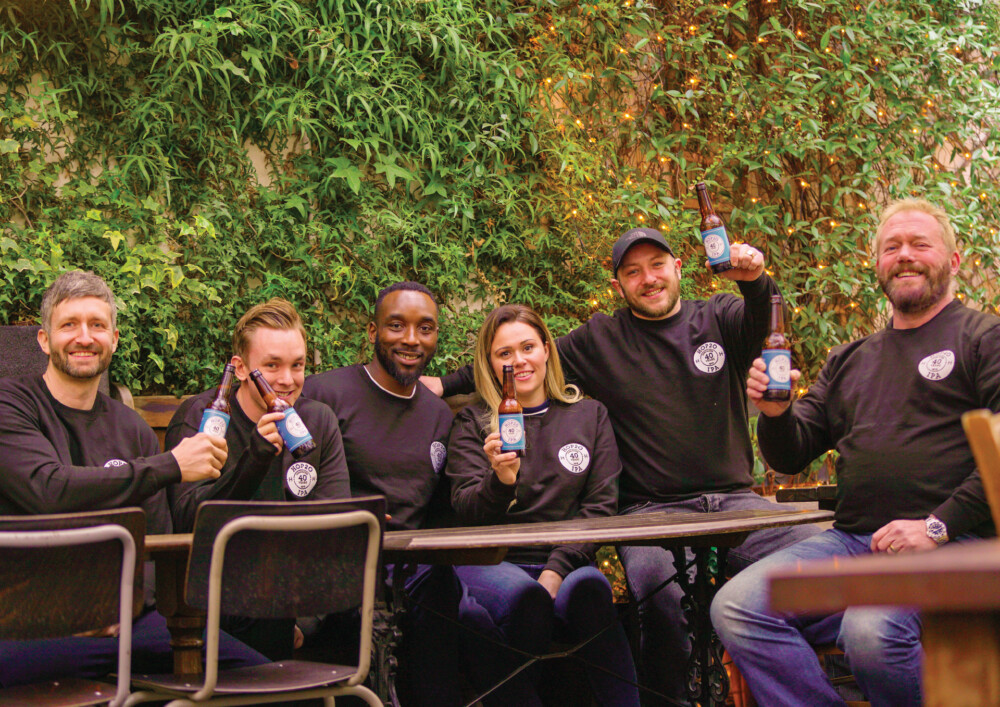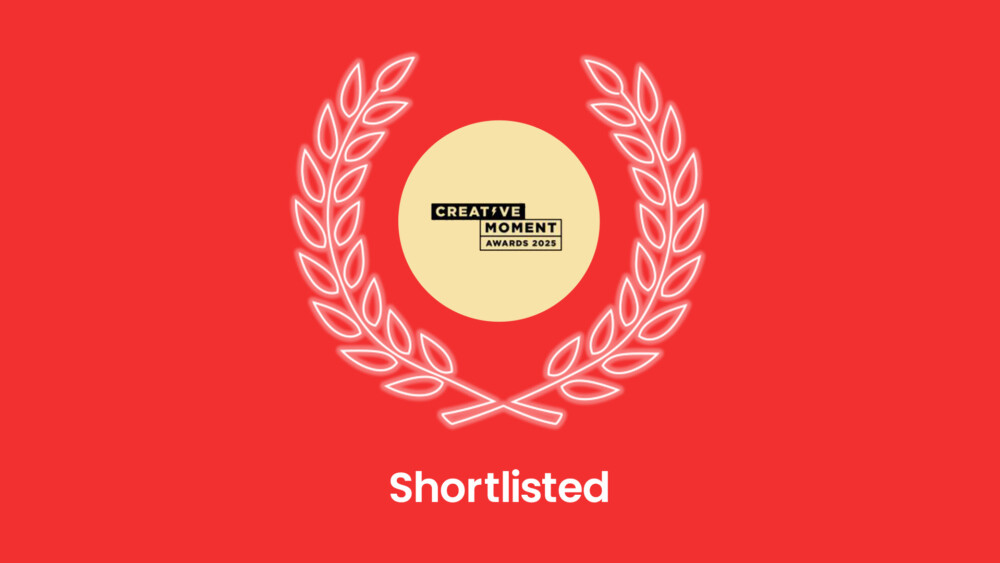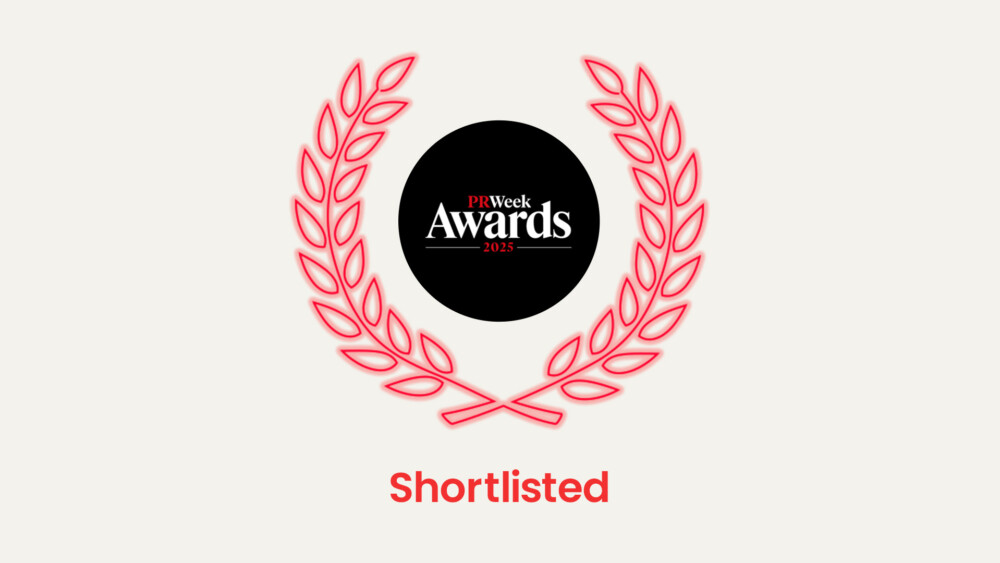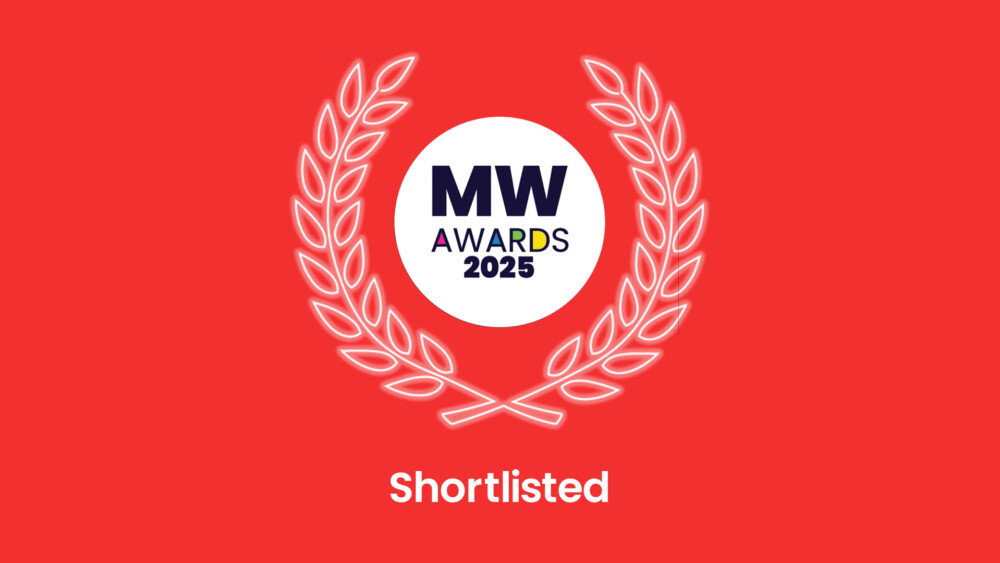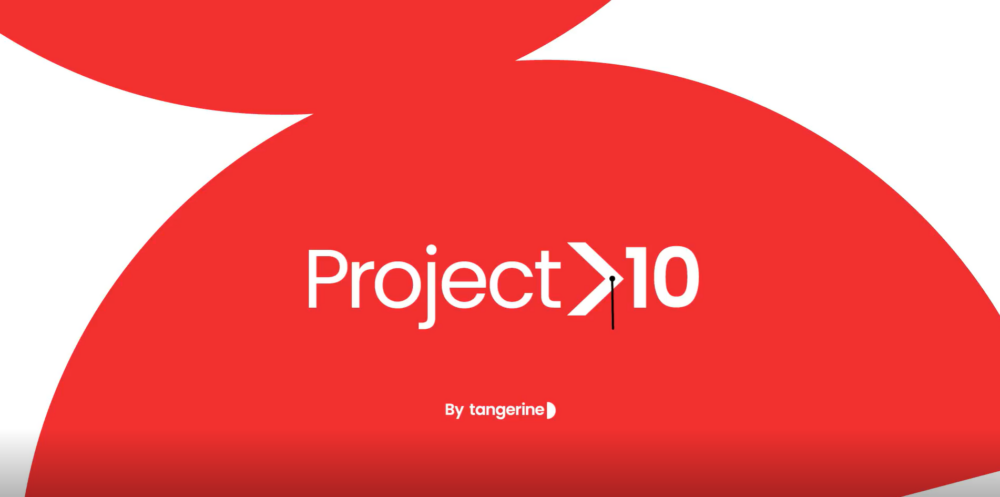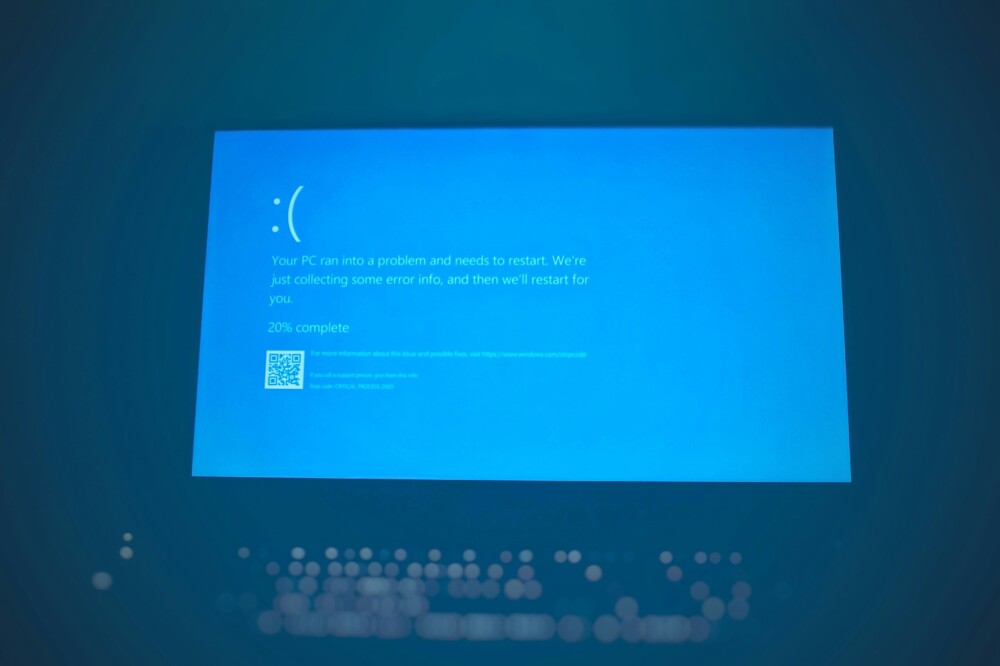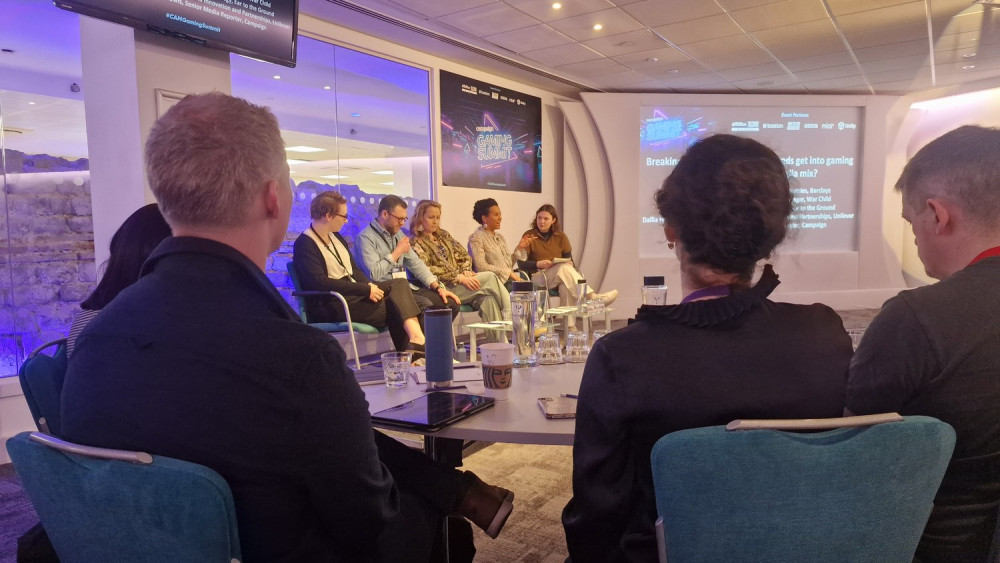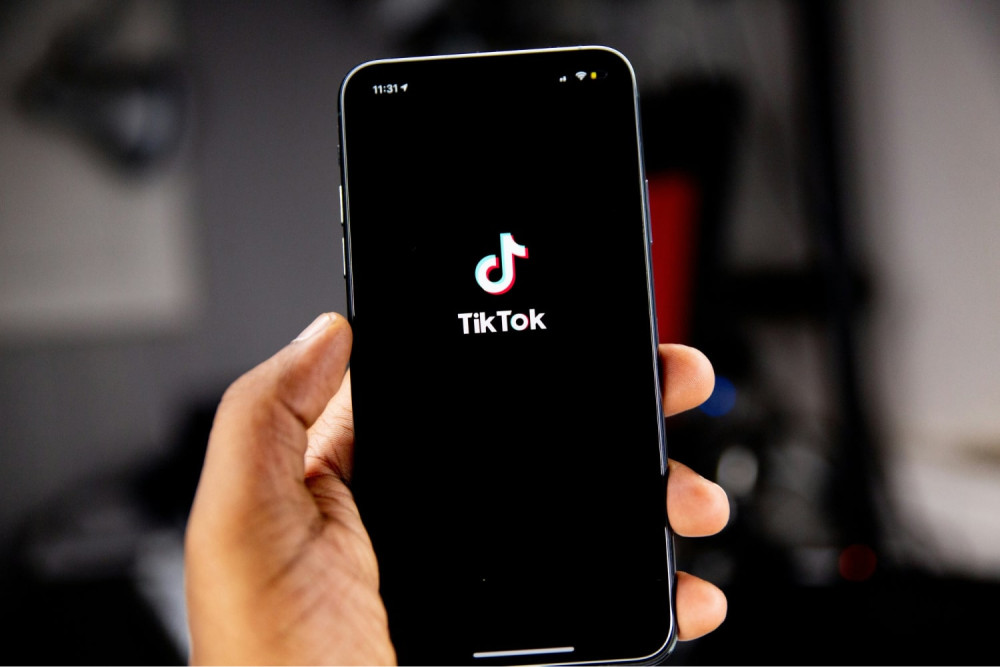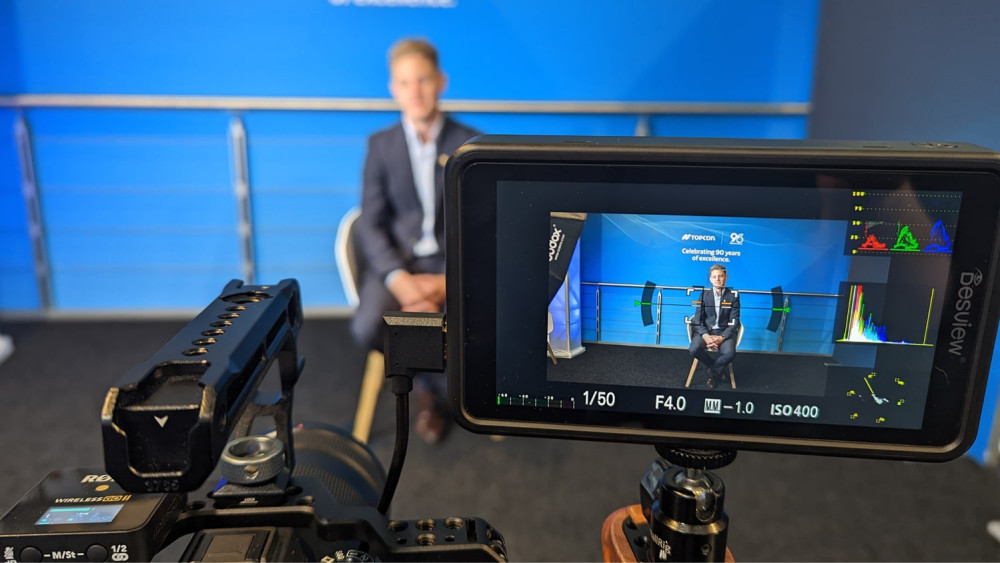Crisis Preparedness in 2025: Managing Client Reputation
In today’s media landscape, reputation is everything. A well-crafted image can take years to build, yet only moments to unravel. For brands and businesses, safeguarding reputation isn’t just a defensive play, it’s a strategic necessity – and that goes for all brands, not just household names.
At Tangerine, we preach that corporate reputation management and reactive crisis preparedness go hand-in-hand with proactive press engagement. However, finding the right focus and balance between these elements is key to, not only surviving media storms, but thriving when they pass.
This preparedness is becoming more and more prevalent in the wake of new emerging threats – AI-driven disinformation, supply chain disruption and even cyber attacks are all part of a new arsenal businesses must be ready for.
The Power of Reputation
A company’s reputation is its most valuable asset. It shapes how all stakeholders and customers perceive it. In the age of digital immediacy, where news travels at the speed of a click, it’s never been more critical. One misstep, one incident left unaddressed, or one bad decision in comms, can snowball into a crisis that tarnishes a brand’s credibility.
This is why reputation management must be proactive, not just reactive. Regularly engaging with the media to highlight positive stories, community involvement, industry leadership, and innovative projects sets the narrative before others can. By owning their stories, brands can fortify their image against potential disruptions, essentially pocketing and building positive credibility.
The Crisis Management Rs: Respond, Recover, Rebuild
When crises do arise, and they inevitably do, the speed and effectiveness of the response can make all the difference. At Tangerine, we employ a structured crisis management approach:
- Respond quickly and authentically – address the issue head-on with transparency and honesty. Delays or vague statements only make things worse
- Control the narrative – while you can’t always control the story or put a genie back in the bottle, you can influence the direction things take. Clear, concise messaging helps shape wider perception
- Monitor and adapt – real-time monitoring allows for quick pivots in strategy if sentiment around a story shifts unexpectedly
- Learn, improve and be ready for next time – although it can be an incredibly stressful and busy experience, every crisis is an opportunity to refine processes and strengthen future responses
The Balancing Act
Overall, one of the greatest challenges in corporate comms is balancing proactive press coverage with risk and crisis readiness.
The key lies in integration—building a robust communication strategy that promotes brand strengths while staying crisis-ready. We specialise in this balancing act, ensuring businesses not only shine in the spotlight but are also resilient in the storm.
That’s why we have our Crisis Lab simulator, to ensure you stay one step ahead. Want to know more? Get in touch here or email me at luke.mcdowell@tangerinecomms.com
Attention Please!
-
2025-10-16
 AwardsTangerine
AwardsTangerineTangerine wins Best Agency Outside London at PRWeek Awards 2025
-
2025-10-10
 B2BCorporateEventsTangerine
B2BCorporateEventsTangerineForget the conference podium. Politics is now a performance.
-
2025-09-18
 B2BCorporateTangerine
B2BCorporateTangerineCrisis Preparedness in 2025: Managing Client Reputation
-
2025-09-09
 B2BCorporateTangerine
B2BCorporateTangerineStrategy has always been the heartbeat of corporate PR
-
2025-09-04
 B2BCorporateTangerine
B2BCorporateTangerine5 Tips for Working with Construction Influencers
-
2025-08-05
 B2BCorporateTangerine
B2BCorporateTangerineTangerine grows B2B and Corporate offer with new tech and real estate team
-
2025-07-25
 Tangerine
TangerineInstagram is testing unlockable reels – what brands need to know
-
2025-07-24
 AwardsTangerine
AwardsTangerineBest Worst Team scores double at the Creative Moment Awards
-
2025-07-24
 AwardsTangerine
AwardsTangerineThree shortlist spots for Tangerine at the PRWeek Awards
-
2025-07-24
 AwardsTangerine
AwardsTangerineA hat-trick at the Marketing Week Awards
-
2025-07-09
 AwardsTangerine
AwardsTangerineTangerine Launches ‘The Boredom Board’ with New Client The Works
-
2025-07-07
 AwardsTangerine
AwardsTangerineWhy brand and talent alignment really matters
-
2025-07-07
 Tangerine
TangerineFrom Picture Frames to PR: Why Career Changers Are the Secret Weapon Agencies Didn’t Know They Needed!
-
2025-07-01
 Tangerine
TangerineTangerine’s £1.2M AI investment sets new standard for brand attention
-
2025-05-22
 Tangerine
TangerineDEI is dead, long live DEI? How communications can keep doing the right thing
-
2025-05-16
 B2BTangerine
B2BTangerineHow PR & Comms Can Support the Future of the Construction Industry
-
2025-05-06
 Tangerine
TangerineWhy cyber attacks need to be a core pillar of your crisis comms strategy
-
2025-05-06
 CorporateTangerine
CorporateTangerineIntroducing The Crisis Lab
-
2025-04-25
 ConsumerTangerine
ConsumerTangerineTangerine Communications partners with Horlicks for exciting 2025 campaign
-
2025-02-20
 AwardsTangerine
AwardsTangerineAwards, ambitions, and what’s next
-
2025-02-10
 Tangerine
TangerineNational Apprenticeship Week
-
2025-01-08
 Intel
IntelWhat the shift to community-driven content moderation on Meta means for brands in the US
-
2024-12-03
 Awards
AwardsChange is the only constant
-
2024-11-04
 B2B
B2BHow Labour are framing the Autumn Budget through strategic comms
-
2024-08-08
 B2B
B2BForget silly season. It’s time to capture attention.
-
2024-07-29
 Awards
AwardsTangerine Communications receives a double win at the UK Content Awards
-
2024-07-11
 Intel
IntelMAD//FEST debrief: learnings for PR and social
-
2024-06-26
 Intel
IntelKey takeaways from Cannes
-
2024-06-18
 Consumer
ConsumerWorking with influencers in 2024: act fast, be lucky, trust your gut
-
2024-05-01
 Intel
IntelWhy gaming is the next big opportunity for brands: key takeaways from Campaign’s Gaming Summit
-
2024-03-28
 Creative
CreativeThe future of branded video content? Let your brand take a backseat.
-
2024-03-21
 Intel
IntelThreads is finally adding a ‘Trending Now’ section for all U.S. users
-
2024-03-20
 Tangerine
TangerineThree simple ways to make content more accessible for neurodivergent audiences
-
2024-03-14
 Intel
IntelThe Attention Revolution: How to Break the Rules and Win in Social Media Marketing
-
2024-03-14
 Intel
IntelIs the US Banning TikTok and could the UK be Next?
-
2024-03-07
 Intel
IntelElon Musk says X (Twitter) will hide Likes an Repost Metrics from Timeline
-
2024-02-02
 Intel
IntelUniversal Music’s Standoff with TikTok: Implications for Marketers an Artists
-
2024-01-31
 Creative
CreativeFive Inclusive Marketing Tips You’ll Not Want to Miss in 2024
-
2024-01-15
 Intel
IntelThe Cookies Crumbles, but Delicious Opportunities Arise: Your Social Media Strategy in a Post-Cookie World.
-
2023-12-19
 B2B
B2BHow to Make it Count at B2B Events
-
2023-05-25
 Creative
CreativeFilming Content on Another Continent
-
2023-03-29
 Creative
Creative8 Unmissable Reactive Moments in 2023
